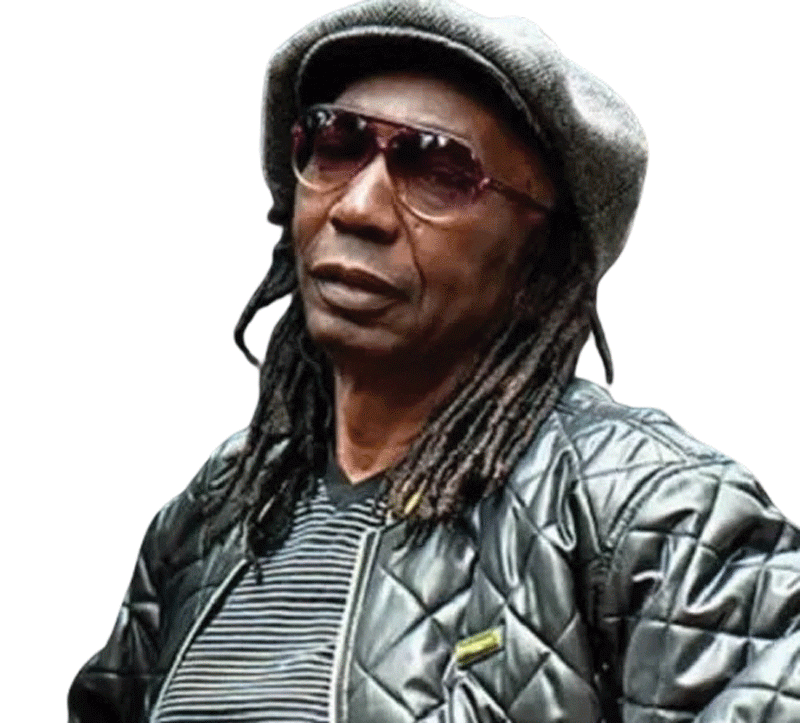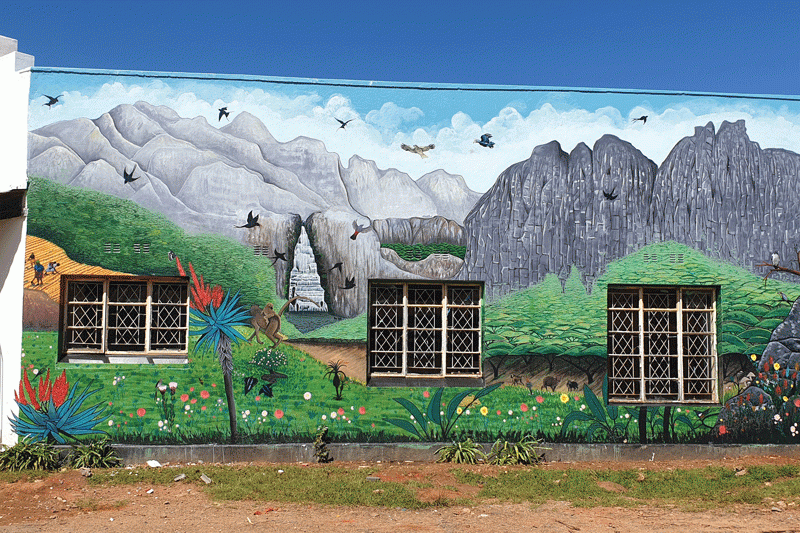
The annual arts and culture showcase Black the New Green has expanded its scope to promote domestic tourism and cultural heritage, becoming the first Zimbabwean arts festival to deliberately integrate the arts, research, and academia in its programming.
Held towards the end of each year in Bulawayo, the festival builds momentum through a series of activities and collaborations that culminate in a major arts exhibition and symposium attracting local and international universities.
The 2025 edition will run under the theme “Taboos and Conservation: Back to the Future.”
According to a statement from the organisers, preparations for the upcoming exhibition included a multidisciplinary plenary session held in May 2024 at Amagugu International Heritage Centre, located near the sacred Njelele Shrine in Matobo.
“The session brought together traditional leaders, indigenous knowledge holders, cultural custodians, academics, artists, youth, and community members for deep dialogue around taboos, environment, and indigenous wisdom,” the statement read.
The organisers said the choice of venue was symbolic and deliberate, reflecting a “return to the roots” and acknowledging that indigenous knowledge is often preserved in rural spaces under the custodianship of elders.
“It was both a gesture of respect and an act of active listening — for scholars to learn from the oral histories, lived experiences, and sacred practices that have guided communities for generations,” the statement added.
Participants explored how traditional taboos — often dismissed as superstitions — historically functioned as unwritten ecological laws that safeguarded both the environment and social order. They noted that taboos are not merely restrictive but educative, carrying embedded scientific and ethical knowledge.
- Byo Arts Festival in turmoil…One year later, festival has yet to pay artists…Organisers play cat and mouse with artists
- In Full: Eighth cabinet post briefing: 13 March 2022
- Byo Arts Festival in turmoil…One year later, festival has yet to pay artists…Organisers play cat and mouse with artists
- Hard work finally pays off for golf starlet Nyamukondiwa
Keep Reading
Discussions also touched on the erosion of traditional values due to colonisation, religious dogma, and modernity, which have contributed to environmental degradation and social fragmentation.
“In dismissing these practices as backward, communities have lost valuable environmental ethics and social guidance,” one participant observed.
A key takeaway from the session was the need to bridge ancestral wisdom and modern science, recognising that “while science quantifies, taboos personify and spiritualise ecological truths.”
The festival pledged to continue creating platforms for intergenerational dialogue, ensuring that oral knowledge and indigenous practices are documented, performed, and digitised for future generations.
“The plenary served as the intellectual and spiritual foundation of the Taboos and Conservation project. It will inform the exhibition design, artist interventions, and future community programming,” the organisers said.
Festival hosts Fisani Community Action (FiCA) described the gathering as a moment of cultural reconnection and renewal.
“The session was not just a meeting — it was a ceremony of reconnection. It reminded us that wisdom is not only found in books but in sacred sites, in the stories and silences of our elders,” FiCA said.
As part of its ongoing activities, FiCA on Saturday hosted a mini performing arts festival at Amagugu International Heritage Centre, exploring themes of taboos, memory, and indigenous wisdom.
The event brought together community leaders, elders, youth, artists, historians, academics, food scientists, chefs, and representatives from various institutions of higher learning — further solidifying Black the New Green’s position as a dynamic hub for cultural tourism, heritage preservation, and creative expression.










